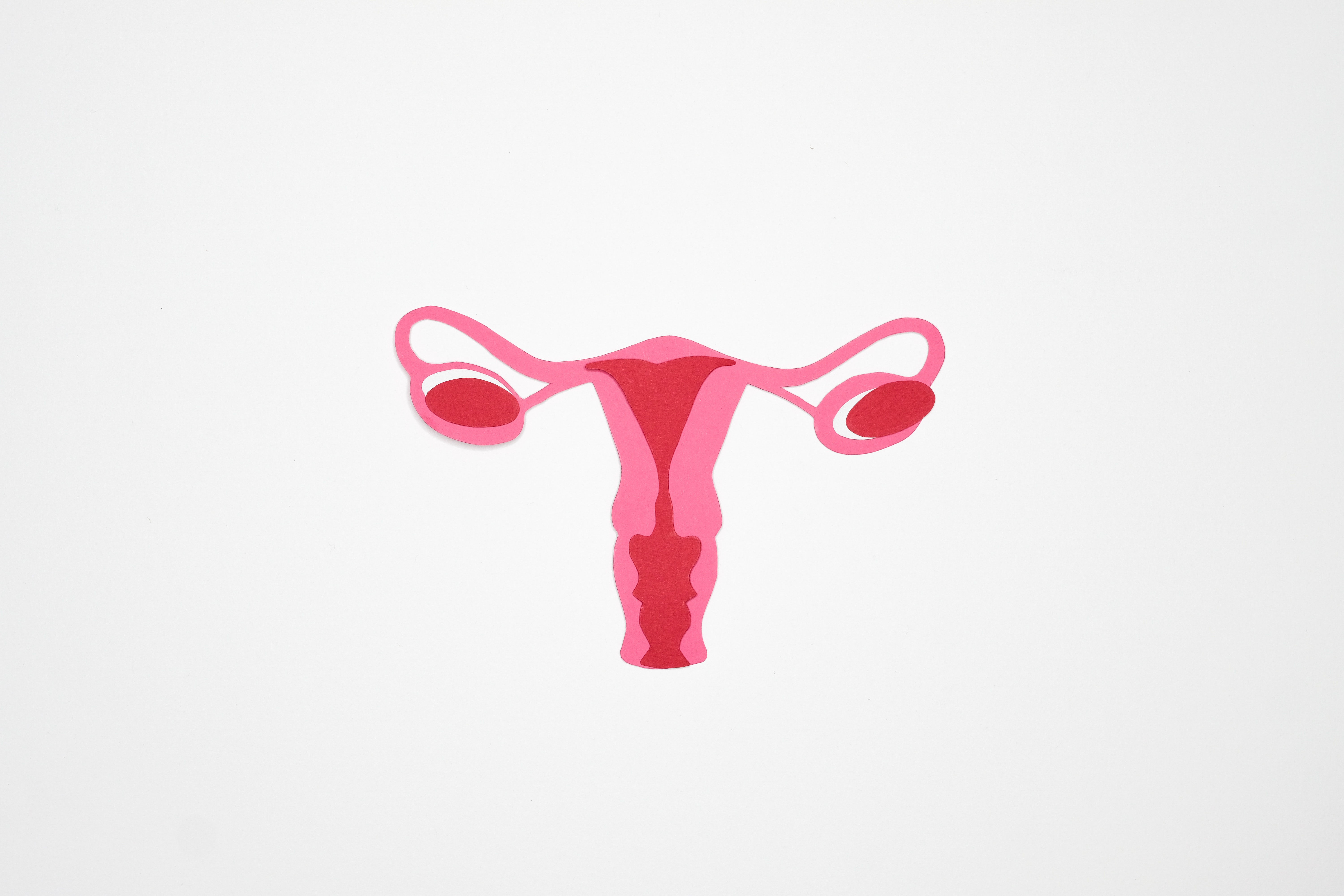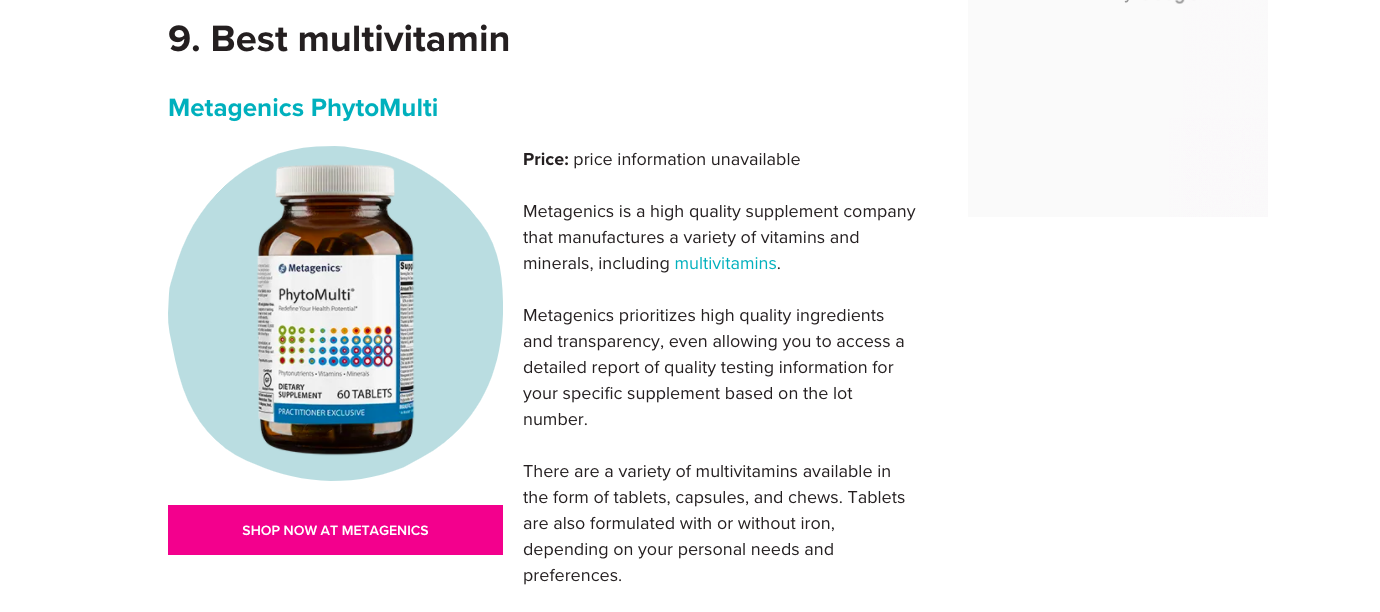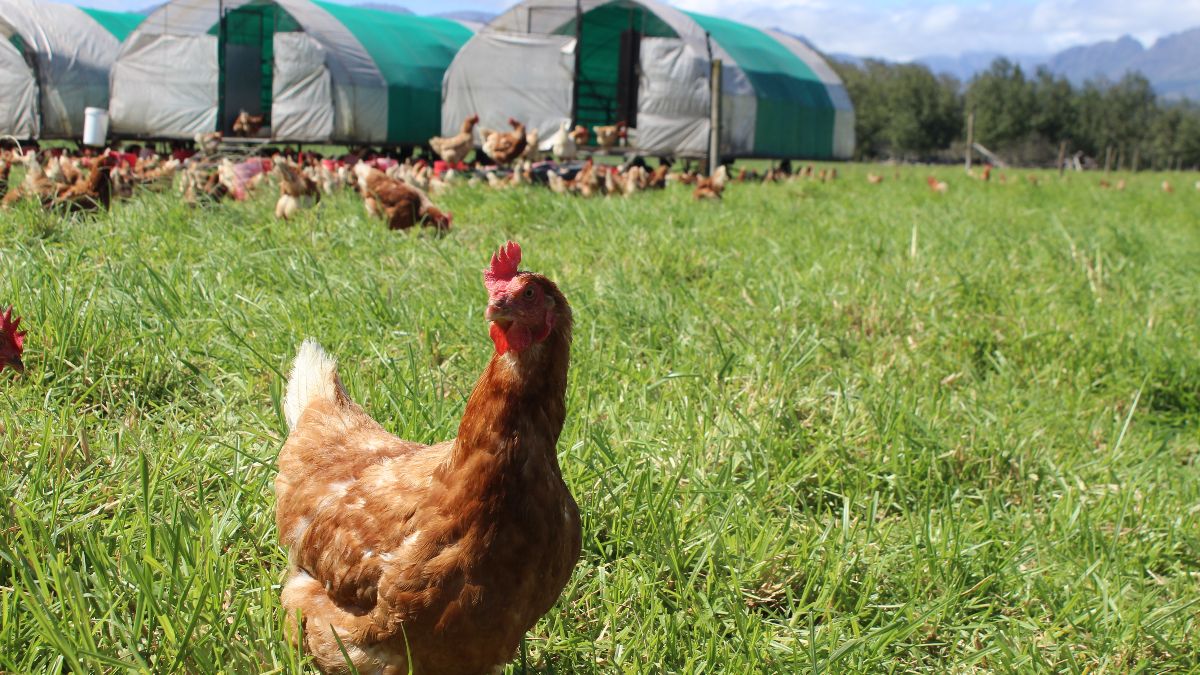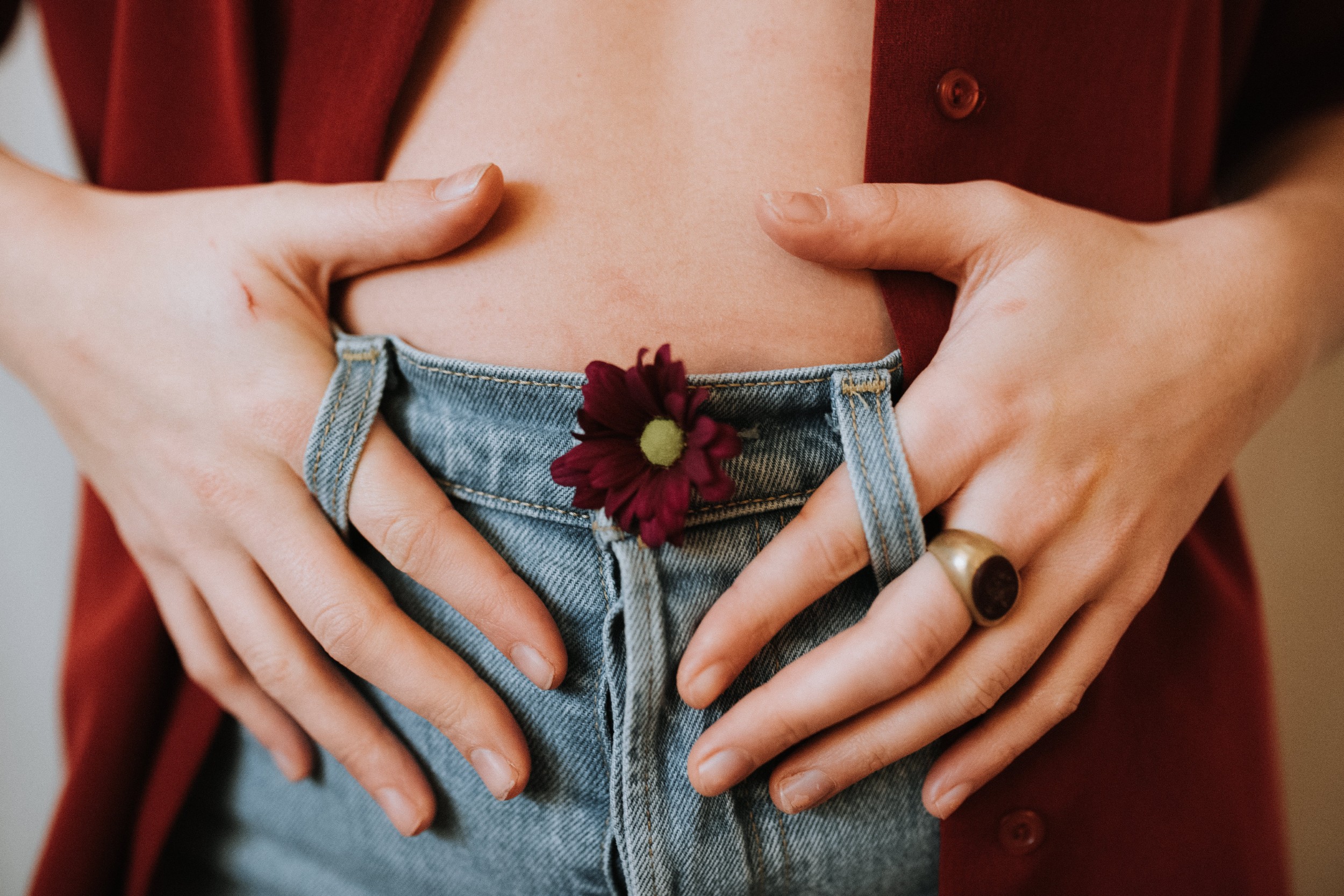Let me start firstly with what endometriosis is: a disease where tissue similar to the lining of the uterus grows outside the uterus. The most commonly affected organs include the ovaries, fallopian tubes and pelvic tissues. Sometimes endometriosis can be found outside the pelvic area; including the bowel and even the lungs.
Endometriosis – A Case Of Immune Dysfunction
It used to be thought that retrograde menstruation caused endometriosis (which is where menstrual blood flow goes backwards and not out as it should), however, research shows that most women actually experience retrograde menstruation and for the majority, the immune system deals with it appropriately. In women with endometriosis, multiple studies have suggested that endometriosis is due to an “alteration in the immune system”.
Common Endometriosis Symptoms
I really like the Mayo Clinic’s list of symptoms as its quite exhaustive:
- Painful periods (dysmenorrhea). Pelvic pain and cramping may begin before and extend several days into a menstrual period. You may also have lower back and abdominal pain.
- Pain with intercourse. Pain during or after sex is common with endometriosis.
- Pain with bowel movements or urination. You’re most likely to experience these symptoms during a menstrual period.
- Excessive bleeding. You may experience occasional heavy menstrual periods or bleeding between periods (intermenstrual bleeding).
- Infertility. Sometimes, endometriosis is first diagnosed in those seeking treatment for infertility.
- Other signs and symptoms. You may experience fatigue, diarrhoea, constipation, bloating or nausea, especially during menstrual periods.
Also, no pain can be another symptom. So if you have other symptoms or no symptoms except you are struggling to fall pregnant then I would look to rule out endometriosis.
Natural Endometriosis Support Options
Once I have reviewed a client’s case history and they have been diagnosed with endometriosis, these are some of the nutrition, lifestyle and natural hormones I may suggest (each client is different, however):
- Micronised Progesterone (Bio-Identical Progesterone) – this works on the same pathways as the synthetic version known as ‘progestins’ (think Visanne/Dienogest drugs) to reduce oestrogen dominance fuelling endometriosis lesions but it is true progesterone unlike Visanne/Dienogest and has a better safety profile compared to the synthetic drugs.
- Turmeric Capsules – can help to reduce the size and activity of endometriosis lesions. It does this by reducing the inflammatory protein NF-kappa B and then blocks the stimulating effect oestrogen can cause.
- Magnesium – Magnesium is known to help relax smooth muscle (found in the reproductive area and brain along with many other areas) and this is why it is often useful for women who experience pain with this condition and/or anxiety.
- Zinc – Women with endo are often deficient in zinc and zinc is important for lowering inflammation, repairing intestinal permeability (improving autoimmunity) and lowering prostaglandin production and therefore pain.
- Avoid Gluten + Dairy – both the A1 dairy protein and gluten disrupt immune function and stimulate the release of inflammatory cytokines.
- Get Out In Nature More – most women I have seen in my career with endometriosis are low in vitamin D, which increases inflammation. Natural sunlight can help the body make its own vitamin D for free, and if “taken” in the morning, this natural sunlight can help regulate the sleep/wake cycle known as the circadian rhythm – which is important when looking to optimise immune function.



